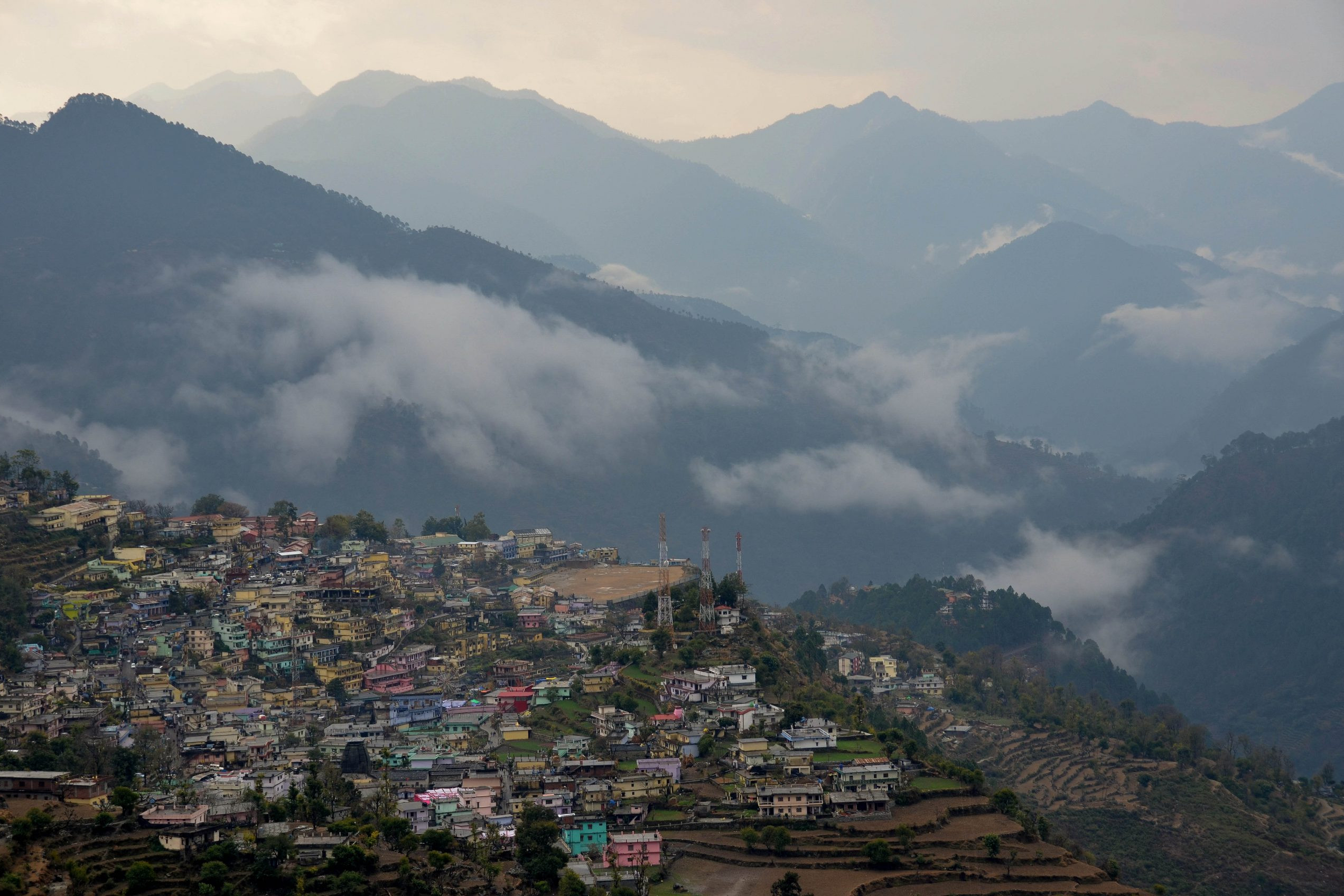It’s time to (re) imagine slow travel.
Twenty years ago I was working with various communities and agencies looking at facilitating ecotourism. I was struck by the variety of ways people would define ecotourism. It was generally accepted that it was something that would become the saviour of travel. But for some people, the ‘eco’ defined economics – hence a focus on the economic system and benefit/costs of initiatives. For others, the ‘eco’ was ecological – hence a focus on ecosystems and ecological sustainability. For yet others, the idea of making money from nature contributed to undermining the diverse ways people could actually value nature beyond the economy – ethically, culturally, as a part of a community, as part of the essence of humanity for example.
Fast forward to the present, and we see something similar happening with slow travel. Academic research consistently identifies slow travel as being used as a marketing tool, as a set of activities, as destination and as form of travel to a destination. It therefore gets used as a market segment, a means of travel, a specific destination experience and something people who call themselves slow travellers ‘do’. There are contradictions, ideas and ethical values to be better understood.

It’s time to take a breath – to remember travel is more than a series of sights, sites, experiences and places to be consumed, but as a deep engagement with place, people and ourselves. The idea of ‘engagement’ means our focus becomes a deeper understanding of slow travel, landscapes, people and ourselves.
This gives us the opportunity to remember to travel slowly – in a deeper ethical, philosophical and reflective way. A way that means we as travellers leave positive impacts locally, we contribute to the sustainability of the landscapes we travel through and beyond, and we have a deeper engagement not only with these places but with ourselves as travellers and as people being able to contribute to a greater good. This requires a good deal of rethinking (or re-imagining) on our behalf as travellers.
We need to imagine a form of travel which occurs within landscapes, not through them. Being able to move within landscapes rather than through them is the essence of LoST because it implies our travels are an ongoing engagement with place/places, their landscapes and their communities. This is the travel within landscapes which occurs because we are reflective travellers who want to engage.
This is the essence of LoST, and is the essence of this website.

